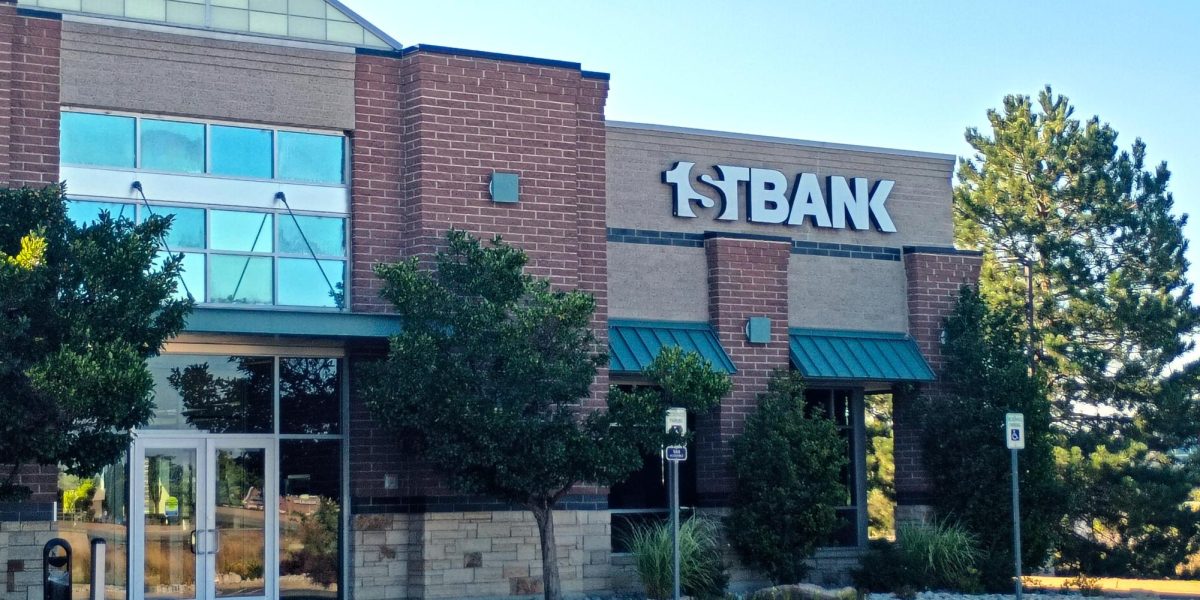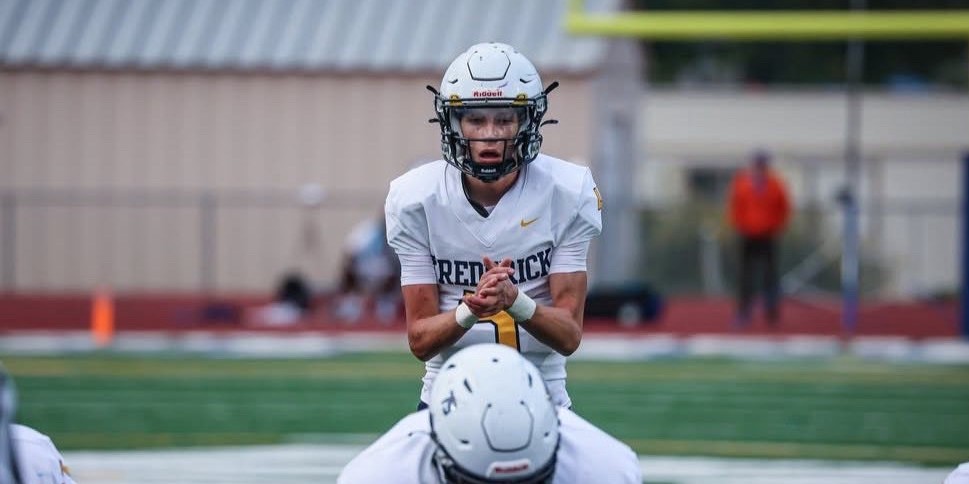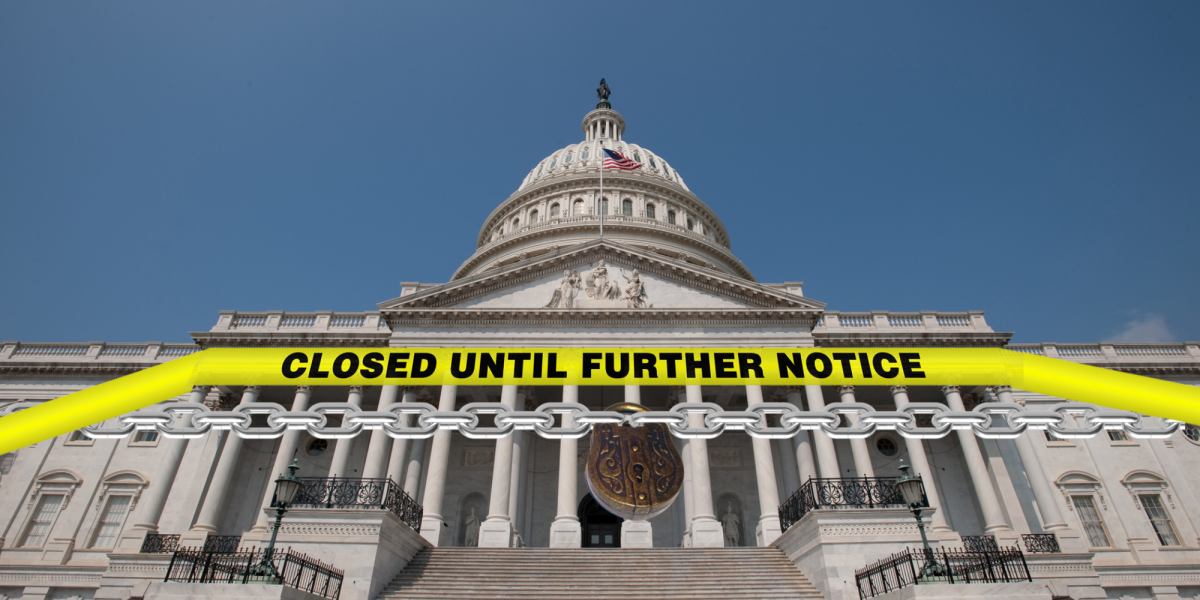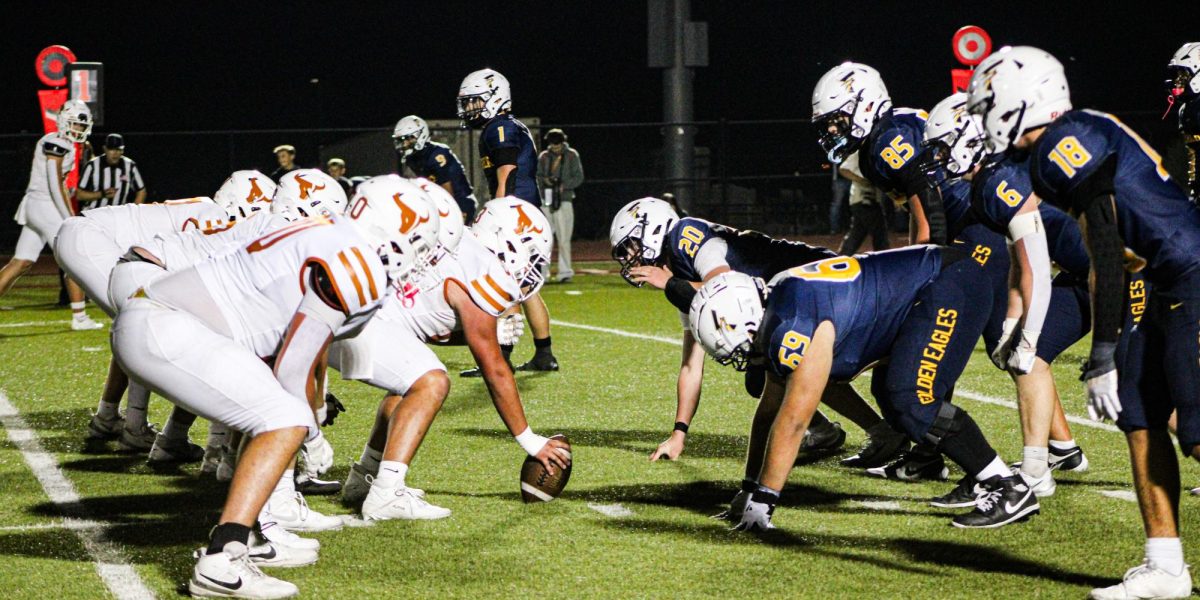On January 5, 2024, the ballots for the 2024 Colorado primary elections will be sent to the printers before being mailed out to every eligible voter in the state before the March 5 primary election. Colorado will join fifteen other states and American Samoa in holding presidential primaries on “Super Tuesday” that will help the major political parties decide which candidates for the 2024 election the state will support at the Democratic and Republican National Conventions in August and July, respectively.
Colorado’s primary has surged into the national spotlight not because of who will be on the ballot but who may not be: former president Donald J. Trump.

Colorado Secretary of State Jena Griswold has been ordered by the Colorado Supreme Court to remove Trump’s name from the Republican primary ballot declaring that Trump violated the third section of the Fourteenth Amendment to the U.S. Constitution and is therefore ineligible from holding public office. Trump’s legal team has appealed the decision to the Supreme Court, which would need to rule on the matter by January 4 — the day before the ballots are sent to the printers — to get Trump on the ballot.
This ruling has broader implications than just Colorado’s primary, however. The ruling has started a national conversation about the balance between state and federal power. It has been used as precedent to remove Trump from the primary ballot in Maine and has inspired similar lawsuits in fourteen states. It may even end Trump’s presidential campaign entirely, depending on how the US Supreme Court acts. It also, interestingly enough, may not prevent Donald Trump from getting support from the Colorado Republican delegation.
The State of Colorado’s State Primaries
One major misconception of the Colorado ruling is that it does not take Donald Trump off the 2024 November ballot, just the March primary ballot. On the November ballot, every national political party will have their national candidate of choice listed (along with their vice presidential running mate) based on what candidate wins their party’s nomination at their party’s national convention.
The winner of the national convention is chosen by party delegates from each state, who attend the election and vote for the candidate their state supports the most. To figure out what candidate their state supports the most, every state holds a caucus (a private meeting of party members similar to the voting format of the national conference) or a primary (an election with anonymous ballots similar to the November election). Each state and each party within a state can determine if they hold a primary or a caucus because the U.S. Constitution gives authority over elections to the states, not the federal government. This means different states have different rules when it comes to elections.
In 2016, Colorado defined how its primary elections would work when voters approved Propositions 107 and 108. Proposition 107 restricted Colorado to presidential primaries only — no caucuses. Thus, every candidate eligible for their party’s primary election must register with Colorado’s Secretary of State by a certain date so the state can add their name to the primary ballots. By law, Colorado automatically mails a ballot for every national, state, and local election to every registered Colorado voter at least 18 days before an election is held, so with printing and mailing time factored in, this deadline is typically two months before the election is held. In the case of the upcoming March 5 primary, this date is January 4.
While Proposition 107 moved all party elections to primaries, Proposition 108 made the major party primaries into open primaries. In a closed primary system, a person has to be a registered member of that political party to be able to vote in that party’s primary — only Democrats can vote in the Democratic primary and only Republicans can vote in the Republican primary. Colorado’s open primary system, in contrast, allows unaffiliated voters to vote in any primary they choose. While Colorado Democrats receive a blue-striped primary ballot in the mail with their candidates and Colorado Republicans receive their red-striped primary ballot, unaffiliated voters receive both ballots and are allowed to send back either one (but not both).
How Trump Was Removed
A group of four Republican voters and two unaffiliated voters in Colorado asked Colorado Secretary of State Jena Griswold to remove Trump’s name from the upcoming 2024 Republican primary ballot because, according to their complaint, Trump is ineligible to hold another federal office and they want their votes on the primary ballot to only count toward “legitimate candidates.” Griswold, a Democrat who has been very critical of Trump in past statements, said that she would not remove any names from any ballots unless forced to by a court order to ensure fairness in Colorado’s elections.
After receiving her decision, the six voters filed a suit this past September with Trump and Griswold as defendants in the case. Since all the plaintiffs were allowed to participate in Colorado’s Republican primary, the court agreed that the case could be heard. Legal representation and funding for the suit came from the Citizens for Responsibility and Ethics in Washington (CREW), an anti-corruption watchdog group that funds progressive causes and legal challenges.
The suit argued that Trump is ineligible to run for public office because he violated the third section of the Fourteenth Amendment to the US Constitution. Known as the “Insurrection Clause,” the amendment was passed after the Civil War and was in part intended to keep former Confederate rebels from holding federal office:
“No person shall be a Senator or Representative in Congress, or elector of President and Vice-President, or hold any office, civil or military, under the United States, or under any State, who, having previously taken an oath, as a member of Congress, or as an officer of the United States, or as a member of any State legislature, or as an executive or judicial officer of any State, to support the Constitution of the United States, shall have engaged in insurrection or rebellion against the same, or given aid or comfort to the enemies thereof. But Congress may by a vote of two-thirds of each House, remove such disability.”
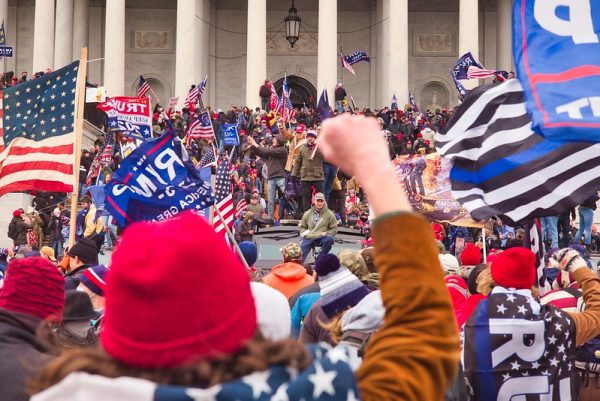
The plaintiffs in the case argued that Trump violated the Insurrection Clause due to his involvement in the assault on the US Capitol on January 6, 2021, to stop the electoral certification of Joe Biden’s 2020 election victory. The trial began on October 31, and after two weeks of arguments, District Judge Sarah B. Wallace found that Donald Trump did engage in acts of insurrection on January 6 but, since the office of President was not specifically listed in the Insurrection Clause, that Trump could remain on the Colorado primary ballot.
After the Denver Circuit Court ruled that Trump could remain on the ballot, the plaintiffs appealed to the Colorado Supreme Court, which overturned the prior ruling on December 19. In a 4-3 decision, the justices declared that the Presidency is included under “any office, civil or military” and that Trump is not eligible to be on the Colorado Republican primary ballot. However, they stayed their ruling (meaning it wouldn’t go into effect) until January 4, giving Trump the opportunity to appeal the case to the US Supreme Court. Trump and the Colorado Republican Party did file an appeal on December 27.
What Happens Next
As of writing, eleven states have litigation asking their state to remove Trump from their ballots, citing the Colorado decision. While some of these legal challenges are coming from voters, twenty-five have come from John Castro, one of Trump’s rivals for the 2024 Republican nomination. While many of Castro’s suits have been dismissed by the courts (and decided against Castro in Rhode Island, New Hampshire, and Florida), one state acted on Castro’s complaint: on Thursday, December 28, Maine’s Secretary of State Shenna Bellows decided to remove Trump from Maine’s primary ballot. Bellows did this on her own before the courts could decide Castro’s suit, and Bellows cited the Colorado Supreme Court verdict in her public statement about her decision.
Yet all this litigation may be moot if the US Supreme Court decides to hear the appeal by the Colorado Republican Party of the December 19 CSC decision. It’s likely the justices will hear the appeal and that the case will be heard immediately to meet the January 4 Colorado ballot deadline. However, it’s unclear how the justices would vote on such an appeal. While most recent cases have split the court over ideological lines (the six conservative justices voting against the three liberal justices), the court has been more opaque when it comes to election-related cases. This past June, the court rejected the notion that state lawmakers can reject oversight over election laws by their courts in a 6-3 majority. The Court also rejected the Alabama GOP’s redistricting map 5-4, with Justices John Roberts and Brett Kavanaugh joining the liberals in upholding the Voting Right Act.
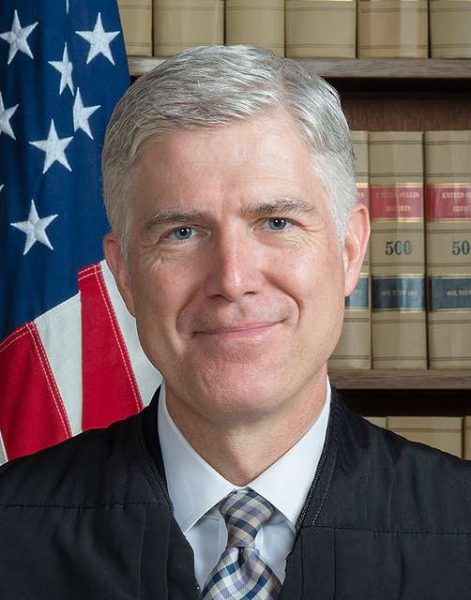
Despite being appointed to the court by Trump, one justice who may vote that Colorado has the right to remove Trump from the ballot is former Coloradan Neil Gorsuch. When on the federal circuit court, Gorsuch ruled in the 2012 case Hassan v. Colorado that then-Colorado Secretary of State Scott Gessler (who is, ironically, Trump’s lead counsel on his Supreme Court appeal) had the right to keep Abdul Karim Hassan’s name of the Colorado primary ballot for president. Even though Hassan was born outside of the United States and knew he was ineligible to become president, “Mr. Hassan claims it was still an unlawful act of discrimination for the state to deny him a place on the ballot.” Gorsuch, with two of his fellow judges, ruled that states can remove candidates who are ineligible for office from a ballot at their own discretion–a statement cited by the Colorado Supreme Court as part of the precedent for their ruling.
Of course, the Supreme Court’s ruling may be more complex than leave-him-on or take-him-off. They may rule state courts cannot determine if a candidate for federal office committed insurrection but that the matter must be decided by a federal court or vote of Congress. They may rule that courts may decide that a candidate can be removed by court order (like in the Colorado case) but not by an individual acting on their own principles (like in the Maine case). They may decide, as Judge Wallace did, that the Fourteenth Amendment does not apply to presidential candidates, or they may reaffirm the court’s finding that Trump engaged in insurrection and demand he be removed from every ballot in the United States, definitively ending his presidential run.
Don’t Count Trump Out
While the courts have been weighing in on what should be on the ballot, the Colorado Republican Party has been doing what it can to ensure that Donald Trump (the current GOP frontrunner in Colorado polls) can get the state’s 37 delegates to support him at the national convention.
Before the Colorado circuit trial started in October, Colorado GOP Chairman Dave Williams tried to cancel the 2024 Colorado Republican primary, though this was mostly due to the Colorado GOP’s significant financial shortfall. However, Proposition 107 requires that parties have a primary, so the GOP had to hold the election. Williams was also blocked from holding a caucus in addition to a primary — one where Trump was eligible to be picked and the results would be the true election. This is what is happening in Nevada, where Trump is not on the February 6 primary ballot but is expected to win the February 8 caucus.

Coloradans who don’t see Donald Trump on the ballot are also unable to elect him through a write-in campaign. While Colorado does allow write-in candidates, write-in votes are only granted to people who have filed an affidavit with the Secretary of State to be an official write-in candidate. If Trump isn’t allowed to have his name on Colorado’s ballot, he would also not be allowed status as an official write-in candidate.
Despite these setbacks, Williams was able to file an alternative delegate apportionment plan with the Republican National Convention — rather than committing Colorado’s 37 delegates to whoever wins the primary, the RNC would allow the Colorado delegation to be free agents to vote however they want at the convention. While the waiver has yet to be approved, it likely will be approved if Trump loses his Supreme Court appeal.
Even if Trump does lose his appeal, his absence from the Colorado ballot won’t devastate him in his pursuit of the Republican nomination. The Republican Party has 2,469 delegates planning to attend July’s convention in Milwaukee, giving the Colorado delegation a mere 1.3% of the overall vote. Even if the vote at the RNC is close and Trump doesn’t get the 1,235 votes he needs to win in the first round, delegates are not bound to their primary results for the second round of voting, so the Colorado delegation may choose Trump then if they want to. The Colorado Supreme Court decision was also restricted to the primary ballot — if Trump wins the national Republican nomination, it would take another ruling to keep him off the November ballot — which, if trends over the last four election cycles hold true, still wouldn’t give Trump Colorado’s ten electoral votes.
However, the appeal to place Trump back on the ballot is more than just math for many Republicans– it’s a matter of principle. Republican presidential candidate Vivek Ramaswamy has pledged to remove his name from the Colorado ballot if Trump’s name isn’t there and has encouraged his fellow candidates to do the same. Meanwhile, Texas Lieutenant Governor Dan Patrick has told supporters that Texas may want to remove Biden’s name from their primary ballots as revenge for Trump’s removal in Colorado.
Will you be 18 on March 5? If so, you can vote in Colorado’s primary elections in 2024! Make sure you are registered to vote at GoVoteColorado.gov. Students who are at least 16 can preregister to vote as well, and you can find out more about Colorado elections with our student voter guide.




